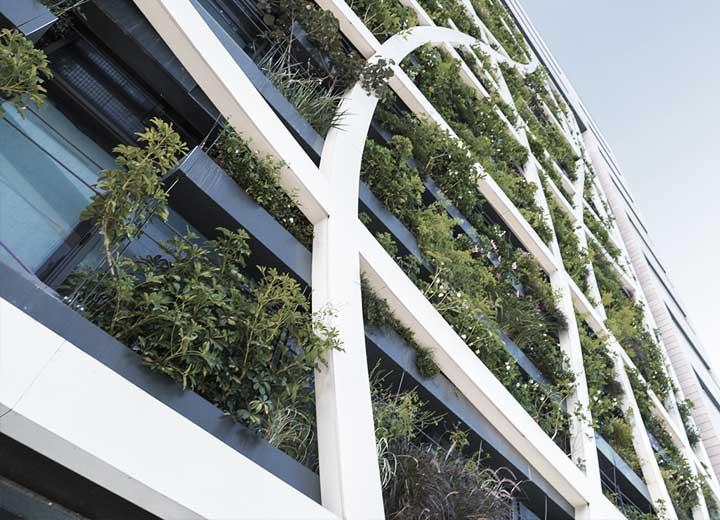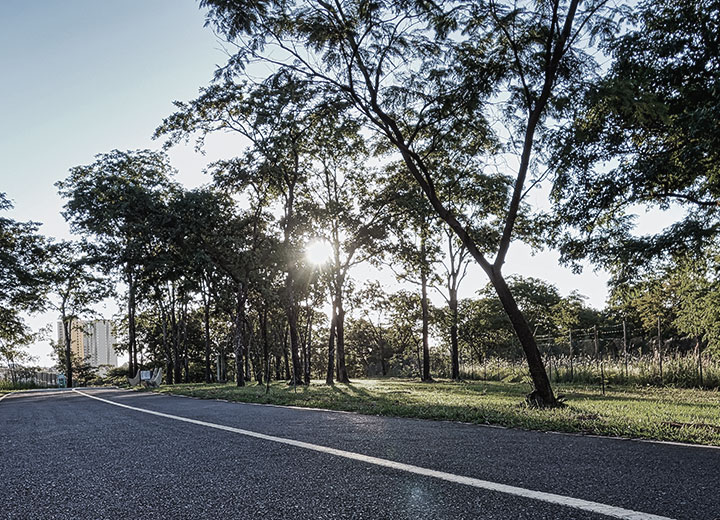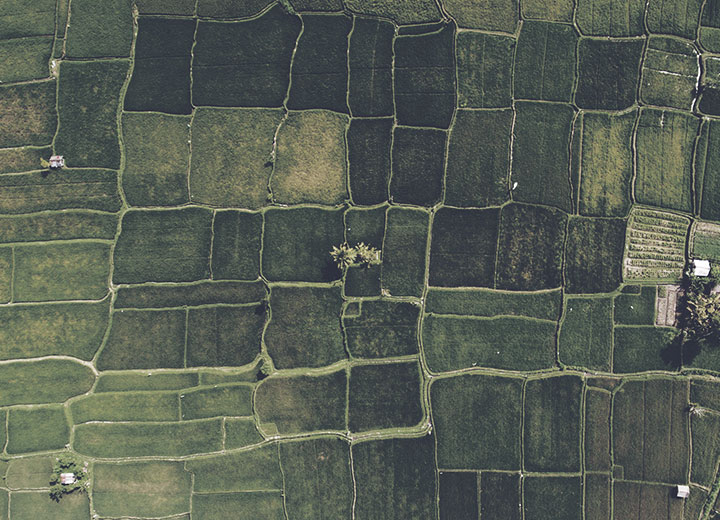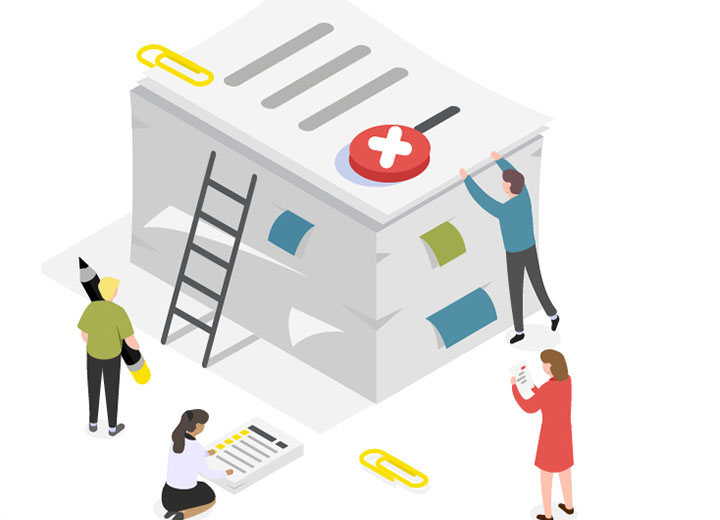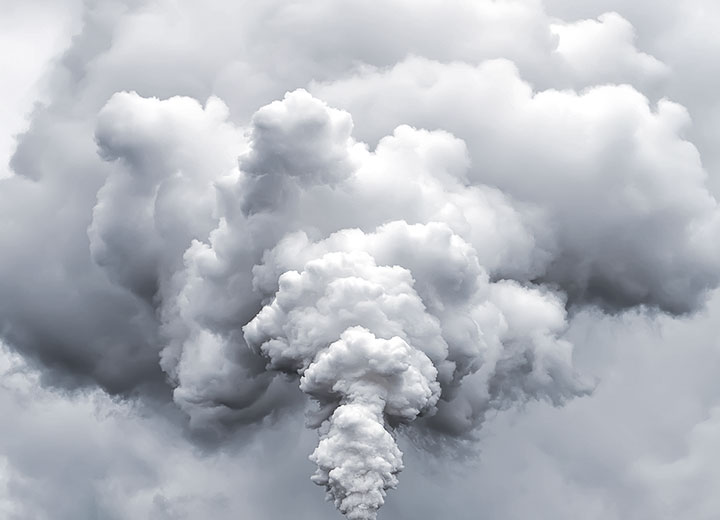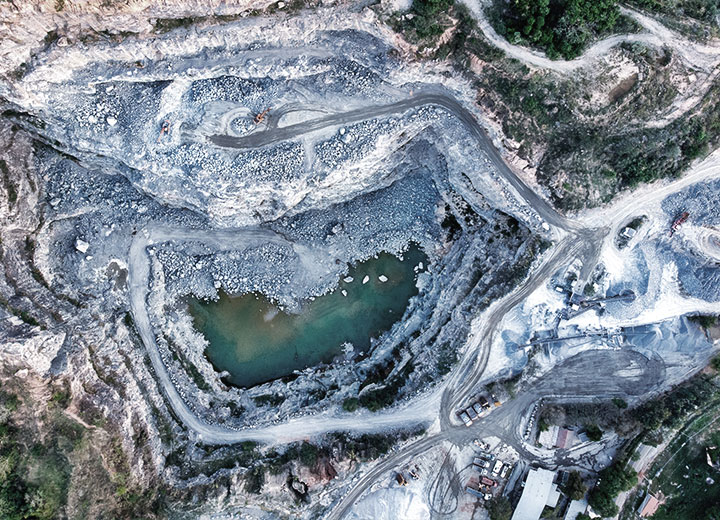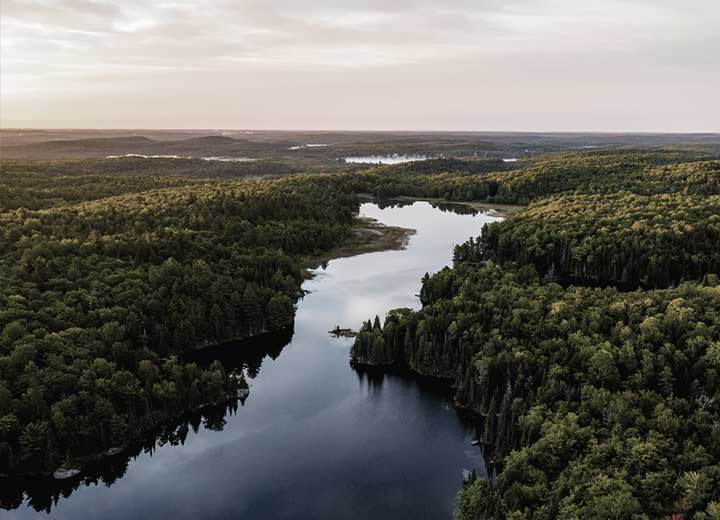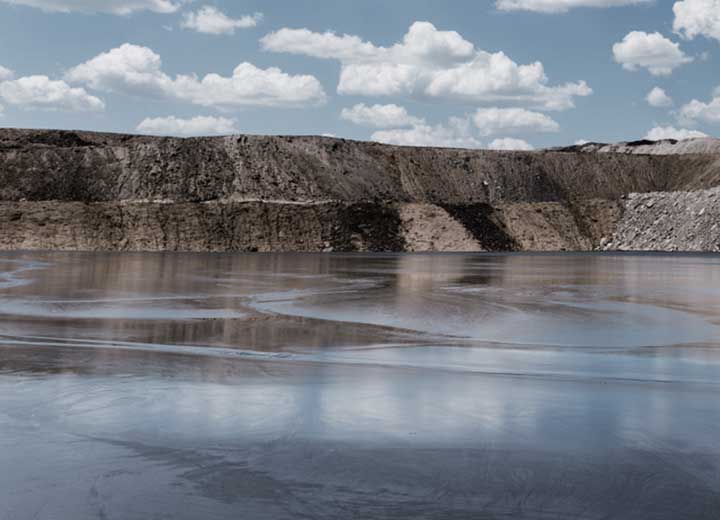Environmental
Federal Decree No. 10,240/20, published in February, implements the reverse logistics system for electronic products and their components for domestic use. The regulation was expected, since important players in the marketing cycle of these products, especially the retail sector, had not adhered to the industry agreement on the subject signed on October 31, 2019. At the time, various sectors assumed obligations before the public authorities to implement appropriate reverse logistics of waste arising from the market of electrical and electronic products and their components, on a voluntary basis, due to the contractual nature of the agreement.
After the entry into force of Law No. 17,110/19, which prohibits the supply of plastic straws, Law No. 17,261/20, which prohibits the distribution of plastic disposables in commercial establishments in São Paulo starting next year, was passed on January 13.
The practice of environmental law attorneys, whether advisory or focused on litigation, has been gaining prominence in times of growing interest and intense media coverage of events that cause impacts on the environment. Influenced by this trend, law firms themselves have begun to assess the sustainability of their internal structures and policies.
Cetesb (São Paulo State Environmental Company) approved new procedures for the incorporation of reverse logistics in the state environmental licensing process, by means of the Board Decision (DD) No. 114/2019/P/C, published on October 25th of this year. The rules enter into effect in November, 30 calendar days after the date of publication.
Executive Order (MP, in its abbreviation in Portuguese) No. 884/19, converted into law last October 17th, amended the Forest Code (Law No. 12,651/2012) so as to provide that registration in the Rural Environmental Registry (CAR) shall be mandatory for all rural properties and holdings.
One of the most important changes brought about by Federal Law No. 13,874/19, known as the Economic Freedom Law and arising from the conversion into law of Executive Order No. 881/19, is the waiver of prior licensing for the exercise of economic activities defined as being “low risk." Subsection I of article 3 of the law provides for the possibility of waiving the presentation of prior licenses, authorizations, registrations, or permits for the regular operation of low-risk economic activities that may be performed by any individual or legal entity essential to Brazil’s development and economic growth.
In an extra edition of the Official Federal Gazette of September 20, Law No. 13,874/19 was published, establishing the Declaration of Rights of Economic Freedom, arising from Executive Order No. 881. Although the law does not explicitly mention its application in environmental law, we must understand that this is a transdisciplinary branch and permeates the discussion of various other areas. For this reason, the Economic Freedom Law will also be applied in environmental issues.
If viewed as a country, the international civil aviation sector would have the world's 20th GDP but would be among the top ten polluters, with over 2% of global greenhouse gas emissions. It is a significant and rapidly growing environmental impact, with consequences not only for accelerating climate change, but also for the image of the sector in the public eye.
The breaking of a dam in Mariana in 2015 was not the first incident of its kind in Brazil, but it was a milestone for the mining industry for having caused extensive environmental and social damage in the states of Minas Gerais and Espírito Santo. As occurred after other large-scale events that were under wide media coverage in Brazil, the public understanding regarding the need for regulatory improvements, coupled with the opportunity for political action under the public’s attention, triggered legislative processes and amendments in dam regulations and disaster prevention in general. Thus, an intense process of changes in rules and regulations began after the incident.
Recent environmental accidents in Brazil have generated intense legislative debates, including with respect to changes to the law that establishes the elements of environmental crimes. On June 25 of this year, the Chamber of Deputies approved Bill No. 2,787/19 (PL 2,787/19),[1] which, among other provisions, establishes the elements of the crime of ecocide. The main justification for approving the text was that criminal law on disasters of this type supposedly still proves to be fragile.
Federal Decree No. 9,760, published in April of this year, amends certain provisions of Federal Decree No. 6,514/08, which deals with environmental infractions and sanctions and establishes the federal administrative procedure to investigate them.
In response to the rupture of the Brumadinho dam (MG) on January 25th of this year, changes under study and already approved in the legislation aim to tighten the regulations of dams in Brazil. On June 25th, for example, the Chamber of Deputies approved three bills providing for specific regulations on environmental disasters caused by dams.


